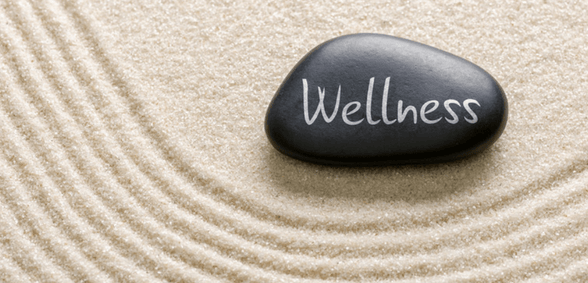
Take some time out to meditate, or just sit quietly and focus your mind gently on your breathing. It can make a huge difference to your life and the way you operate, explains Bernardo Moya
When you focus on your breathing, in the style of the Buddhists, sitting comfortably and maintaining a gentle meditative state, it can have powerful psychological and physiological effects.
Scientists have recently discovered the reasons for this – and note how it helps yogis and masters to attain peace and clear thinking. They discovered that breathing through the nose causes stimulation in the brain, and that the steady focus on the rhythm of breathing can help you achieve different levels of brainwave activity.
Slowing your breathing can slow your thinking and allow you to access different states of mind. Breathing from a deeper place in your stomach – rather than chest breathing – can change the way your brain responds.
It’s something I’ve also noticed in neuro-linguistic programming (NLP), when I’m altering my state to get more in touch with my creative side. Being in a relaxed state and breathing right help me when I’m making decisions and considering my future.
Mastering meditation, like so many worthwhile things in life, takes time and practice – but study after study proves meditation is able to improve your life in many ways, including reducing stress and improving your ability to concentrate.
Give it a go
The following meditation exercise is an excellent introduction – try doing it first thing in the morning, before breakfast.
- Sit on a chair or lie comfortably in a quiet room.
- Close your eyes.
- Make no effort to control the breath; simply breathe naturally.
- Focus your attention on the breath and on how the body moves with each inhalation and exhalation. Notice the movement of your body as you breathe. Simply focus your attention on your breath, without controlling its pace or intensity.
- If your mind wanders, return your focus back to your breath.
- Maintain this meditation practice for two to three minutes to start with. As you continue to practise, build up for longer periods, to a maximum of 20 minutes.
- When you’re in that relaxed meditative state, you will notice that your thoughts begin to change. You will get beyond the stress of the everyday to a more considered state.
Getting in charge of your thinking is absolutely central to taking charge of your life, yet so few people actually spend time thinking about thinking – or practising thinking!
‘The mind is everything. What you think, you become’ – Buddha
What I find interesting is that so many people who teach – or are open to learn – personal development don’t really understand the importance of being in control of what you think and how you think. Many people have no idea that their thoughts set the backdrop to their experience. They take their thinking – and the way they think – so completely for granted that they think it’s reality itself, rather than their own set of habits which their ego has got used to.
This is why knowing how you think is vital.
Ask yourself:
- What do you most think about?
- Are your thoughts positive, are they constructive – or are they negative for you?
- Are they helping you get on in life, to get what you want – or sabotaging you?
- Are you thinking about that now?
Research has estimated that people have anywhere from 12,000 to 60,000 thoughts every single day. Yet the same research estimates that up to 98% of them are exactly the same as the ones they had the day before.
These are exactly the habits of mind it’s vital to break in order to get where you want to go. Amazingly, another estimate puts as many as 80% of the thoughts people think in a day as negative. This is why managing your thinking is vital.
What you think is what you become, as the Buddha says.

Be the first to comment